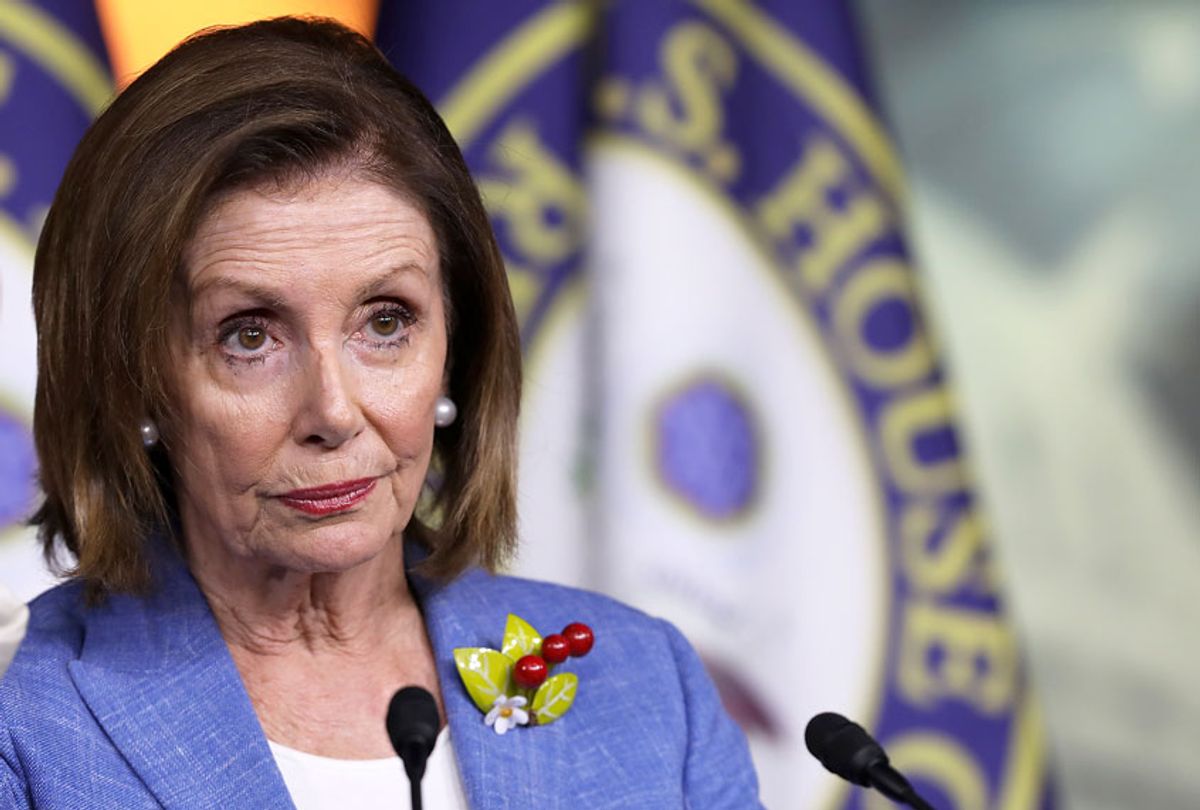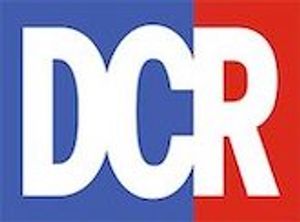No matter how welcome, the various aid programs emerging from Washington are helter-skelter and backward-looking.
Sure, we should welcome the idea of aid efforts to keep workers employed by keeping companies small and large afloat — however haphazardly help is being administered.
But once you get over the idea that we're bailing out airlines and big industry, and too many small businesses that are actually big businesses, all of which may or may not be keeping employees on the payroll, there's more. We are expanding our huge federal debt to keep a status quo that is out of step with new needs.
The aid checks are just arriving. But if these loans are working, we should be seeing a more positive change in the weekly unemployment claims, rather than the continuing spiking of millions upon millions of new jobless. Indeed, all indications are that widespread layoffs are just beginning to take off. The doomed support a wide swath of industries dependent on advertising, heavy walk-in consumer traffic and service industries that need fuel to stay alive.
What we're seeing in public programs probably reflects as much as our current leadership — in both parties — can handle while dealing with overwhelming, simultaneous medical and economic emergencies.
Still, it seems we should have some government council in all of this mess that has its eye on assessing the weaknesses of our systems and giving our public investment strategies a good shove.
Quality, not quantity
Here are some examples of what is missing in the rush to aid:
Food. We're seeing pictures of farmers dumping crops and spilling milk because supply lines are interrupted just as millions in the cities are struggling to get meals and food handouts. The problem seems to revolve around immediate ways to get food from there to here. The obvious thought is why isn't the government aid being used to hire truckers and whoever else is needed for these supply lines to smooth the way to deliver food supplies? California, for one, has announced a program to pay to produce and deliver restaurant meals for vulnerable seniors.
Pharmaceuticals. There's a lot of blather about how China has replaced U.S. companies as a prime manufacturer of pharmaceutical drugs just at a time when our leaders debate how badly to try to swat China for lagging in sharing factual coronavirus information. Why aren't we using our aid programs to incent U.S. pharmaceutical companies into starting drug manufacture in this country? Are we waiting for Big Pharma to decide by itself that it would have to pay U.S. wage scales? Where is the "whole of government" approach we hear bandied about nightly?
Education. Schools were shut in states across the country, and teachers, trained to stay in front of classrooms, were now faced with offering instant, on-line stimulation to students in their pajamas at home. Colleges, universities and trade-oriented schools joined them. Training, however, was on-the-fly. What if we had, I don't know, a working and caring Department of Education that was concerned with student learning rather than the promotion of bankers for student loans and the health of parochial schools? Why are we not investing in the re-training and adjustment of educators who are prepared for an on-line teaching environment and myriad associated problems?
Health. By contrast, governors in Massachusetts and New York are leading the discussion about hiring and training a zillion people to do contact tracing of those who are found to be coronavirus in the still-nascent virus testing programs. This is exactly the kind of match that seeks to put public investment where there is a social need that starts with training as a basic building block. The federal aid programs for hospitals are aimed at keeping hospitals from having to lay off workers in a time when it seems like lunacy to do so. If the nursing-home model is no longer acceptable, how are we using aid programs to develop a new model that actually pays home health workers more than minimum wage, for example, or that marries service as a health aide to the favorable treatment of immigration status.
Infrastructure, yes, but more
The best thought I've heard about all this is toward "infrastructure" programs to rebuild broken roads, bridges and tunnels. It is discussed openly as a jobs program that would be aimed at putting people back to work in areas where it would help American society at large.
In regard to this theme of matching policy with need, infrastructure is obvious. But it doesn't go far enough.
We're facing a time of increasing dependence on technologies for industry, learning and home. Job training as an online enterprise is infrastructure investment, just as building out our online storage and networks are. So are cyber policing efforts toward stopping fraud, identity theft and skill-building.
We're facing a post-coronavirus need for a federal arts and humanities effort that recognizes that we are known and recognized by our ability to express ourselves in a variety of communications modes.
There are like emphases for re-born healthcare industries, energy manufacturing, food distribution and supply-line management for every type of business.
All I'm seeking is some intelligence on the part of our leaders to match the aid to where we will need to go next.
Of course, that is a lot to ask. It takes more than a hat and off-the-cuff suggestions about swallowing bleach.




Shares